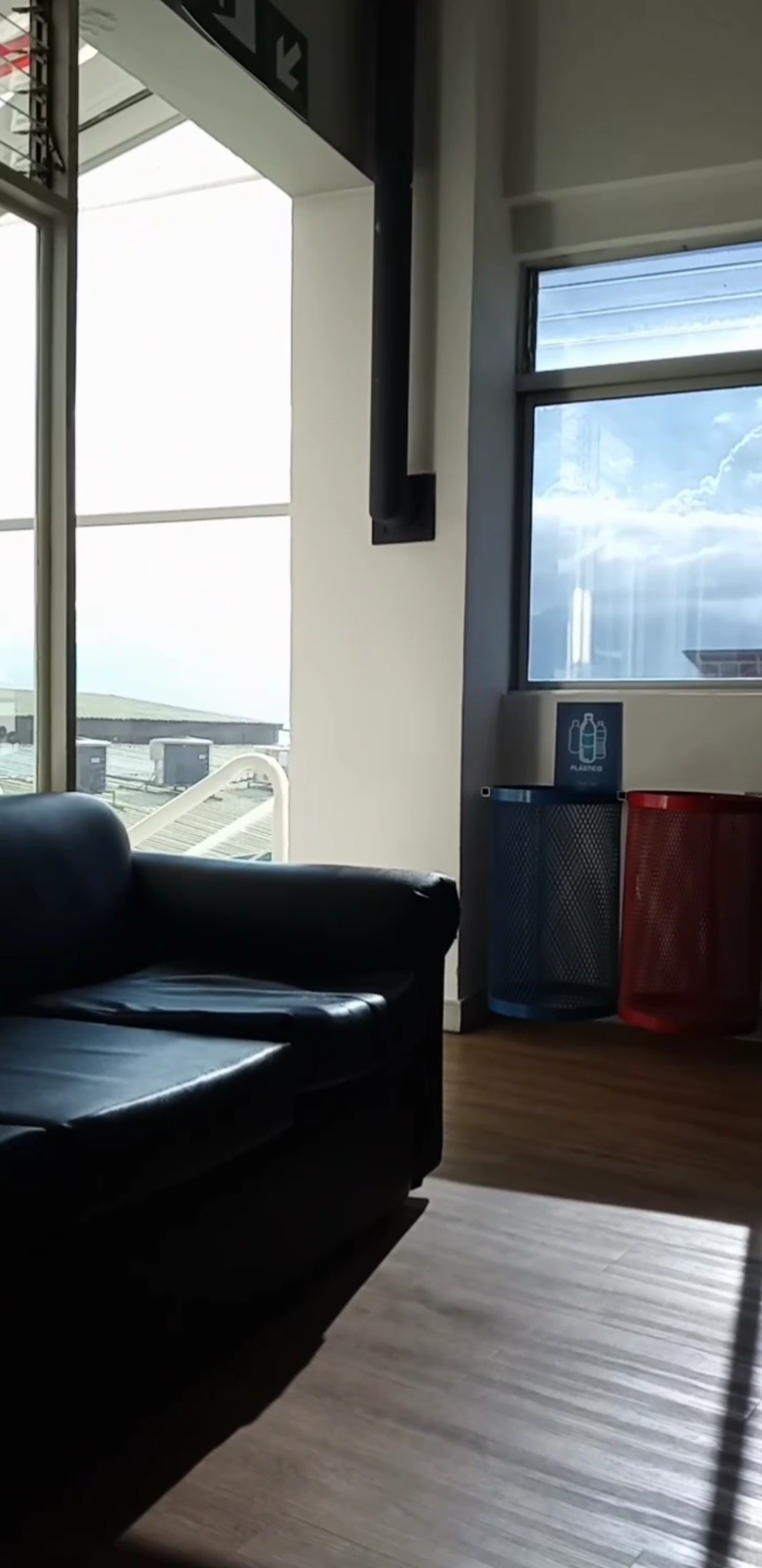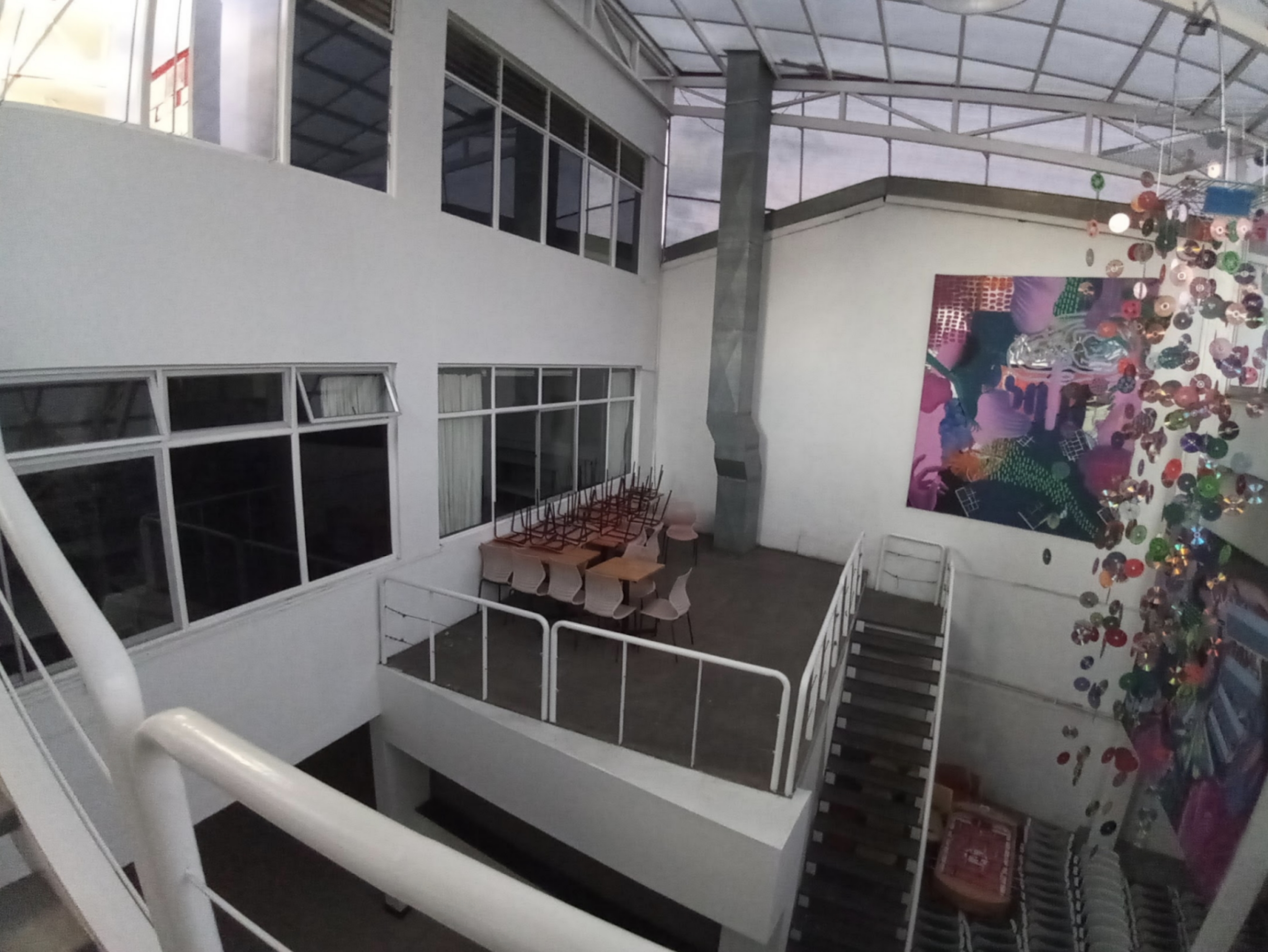
Prepping for STUDYING Abroad + My Experience with Courses
Since a component of studying abroad is in fact, STUDYING abroad, it is important to consider the types of courses you may have access to while in your destination and program of choice. Initially, when I was looking into programs, aside from the location, I also wanted to make sure that I would be able to take courses that fulfilled some of my major requirements so that I wouldn’t be left scrambling to pack everything in during my final year. As a rising junior at the time, I had already fulfilled most of my general requirements and a good portion for my majors (Biology and Visual SciComm), so I knew that junior year would be an ideal year to study abroad (senior year could have been another doable year, however, I had always imagined staying on campus to end my year, so Junior year had to do). Thus, when researching programs, I recommend that you meet with your advisor a year in advance (even if you are just contemplating the idea of studying abroad) just to see what you have left to take to graduate on time; it is important to be aware of the requirements you still have yet to complete as this will help you determine when would be the best time to take a semester (or year) abroad, as well as where.
In my experience, when it came down to finally choosing a program, a good influence stemmed from the list of courses that I saw offered through the different institutions abroad that I was considering. Although in my original plans I was leaning more towards a program in New Zealand or Australia rather than Costa Rica due to the ecology and animal science courses offered through the respective program catalogs I had come across, it wasn’t until my advisor shared with me the AIFS program within Costa Rica that I changed geers. The AIFS program listed an even greater variety of course offerings through their partner institution: Universidad Veritas than either of my initial options. These course options ranged from Tropical Ecology and Spanish for Health Professionals to Mural Painting, which are just a few of the ones that I am currently taking. I felt a new sense of excitement when reading about these courses, a cherry on top of it being in a beautiful country with incredible biodiversity and vibrant culture. After reading about the program, and all that was offered, as well as a bit more about the location, everything just kind of fell into place and starting ticking off things that I didn’t even know I wanted until I was presented with them as an option; not only would I be taking a course that fulfilled one of my biology requirements, but I would also have the opportunity to take classes that I would not have access to at home, take fun courses that engage my creative side, and all the while get the chance to put my Spanish into practice on daily basis within a homestay living experience.
In the end, now that I am actively taking these courses, I have enjoyed them for the most part. The academic environment in the institution I am in is much different to my home institution: there aren’t many tests (actually, I have yet to have a formal exam), and much of the assessment comes through practical application of what we have learned through field practices, presentations (very many), and some reading homework assignments here and there. In my experience, the professors are all accessible and easy to talk to, as well as understanding about your stay as a foreign student and how that impacts your time while in courses. Class sizes are small at Universidad Veritas, and unfortunately we don’t get to see as many local students due to the pandemic, however it has been nice to see the ones that do attend in person. Outside of courses, Veritas also offers many service learning experiences such as volunteering at the local Biomol laboratory (I’ll be starting that soon), assisting within local hospitals, or getting to teach at nearby schools. There are different ways to engage yourself, and there is easy access to study abroad resources that you can find on the second floor of the main building (it is a whole floor dedicated to study abroad programs). The staff are all also very approachable and always willing to help with any questions you may have.
In reflection, some things that are important to consider when thinking about studying abroad are the resources, courses, and environment/atmosphere you will be exposed to while away — these will shape your experience and, beforehand, can help you process where you may want to go.
Image 1: Veritas study abroad lounging floor
Image 2: 2nd Floor View at Veritas

